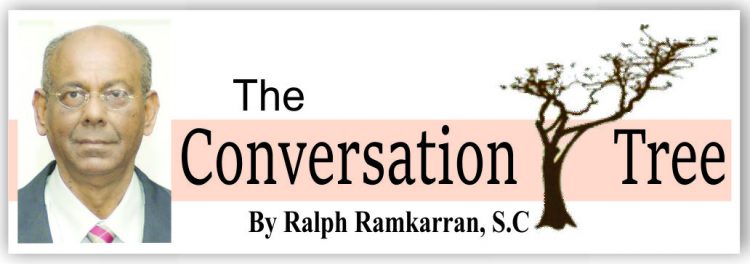 As the 2020 elections drew near, three new and small political parties, A New and United Guyana (ANUG), The New Movement (TNM) and Liberty and Justice Party (LJP), decided to enhance their chances of gaining representation in the National Assembly. Individually, each would have had to obtain approximately 5,000 votes to earn a seat. These parties felt that in the event that each did not reach that threshold, although some were confident that they would, they stood a better chance of gaining representation if they made use of the provisions of the Representation of the People Act (ROPA).
As the 2020 elections drew near, three new and small political parties, A New and United Guyana (ANUG), The New Movement (TNM) and Liberty and Justice Party (LJP), decided to enhance their chances of gaining representation in the National Assembly. Individually, each would have had to obtain approximately 5,000 votes to earn a seat. These parties felt that in the event that each did not reach that threshold, although some were confident that they would, they stood a better chance of gaining representation if they made use of the provisions of the Representation of the People Act (ROPA).
Section 22 of ROPA provides that two or more lists of candidates may be joined for the distribution of seats but not for the purpose of voting. The three political parties entered into a written agreement and duly notified the Chief Election Officer. Section 22 was in ROPA since 1968 but was never invoked. When the three parties engineered this innovative electoral scheme, it attracted much attention, and the word “joinder” became part of our elections lexicon. The three political parties got enough votes for only one seat, and they agreed to share the seat in proportion to their votes.
